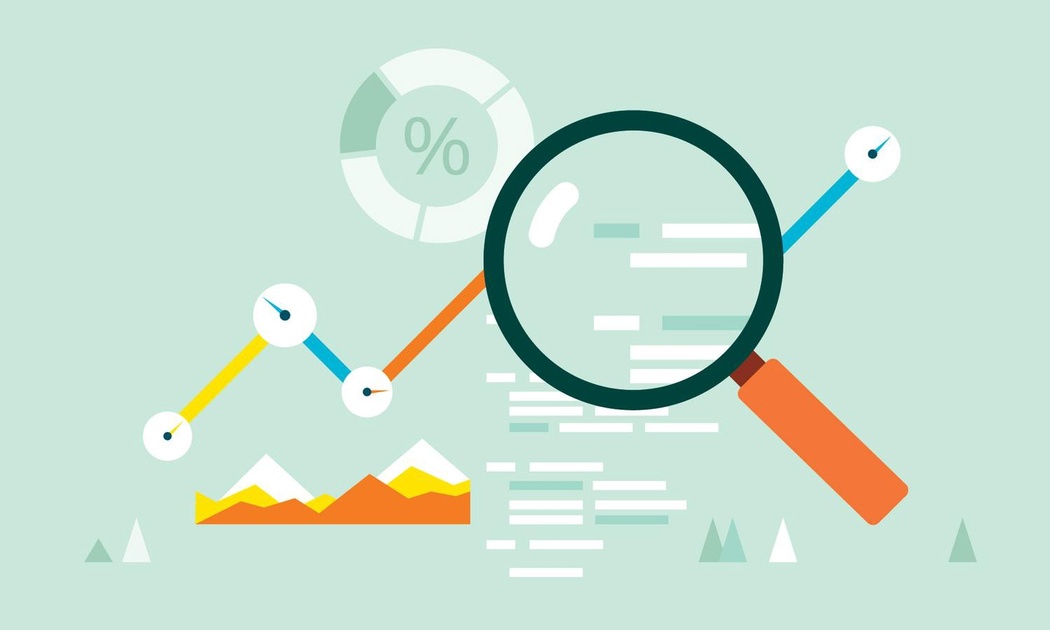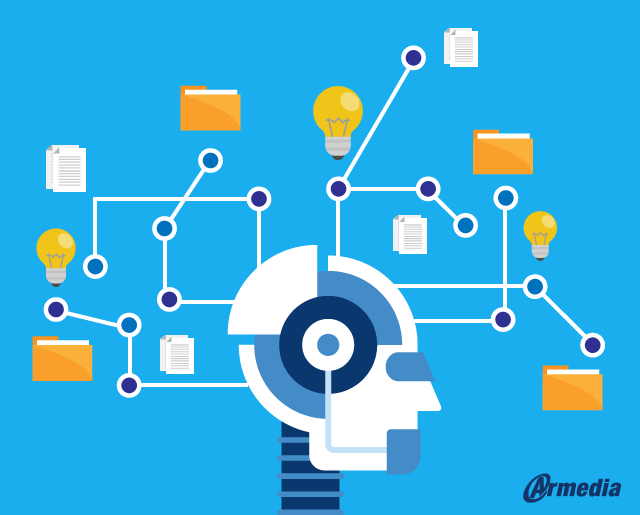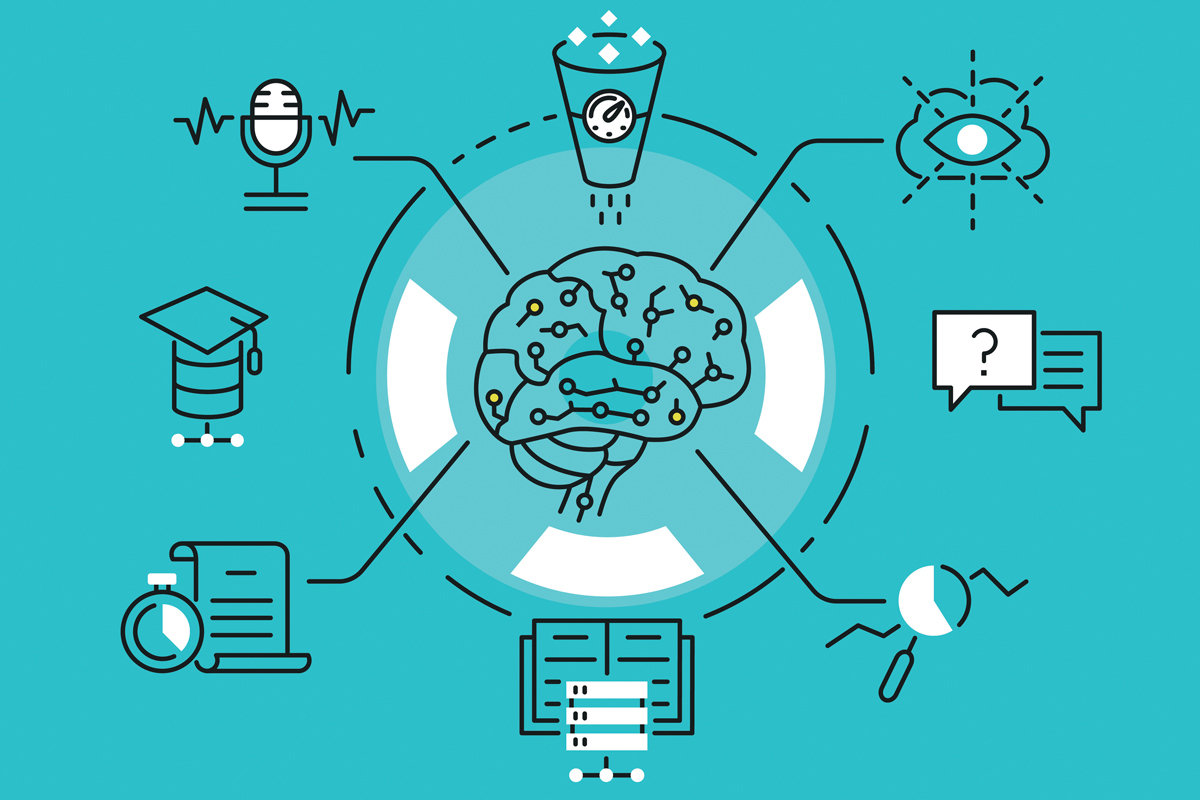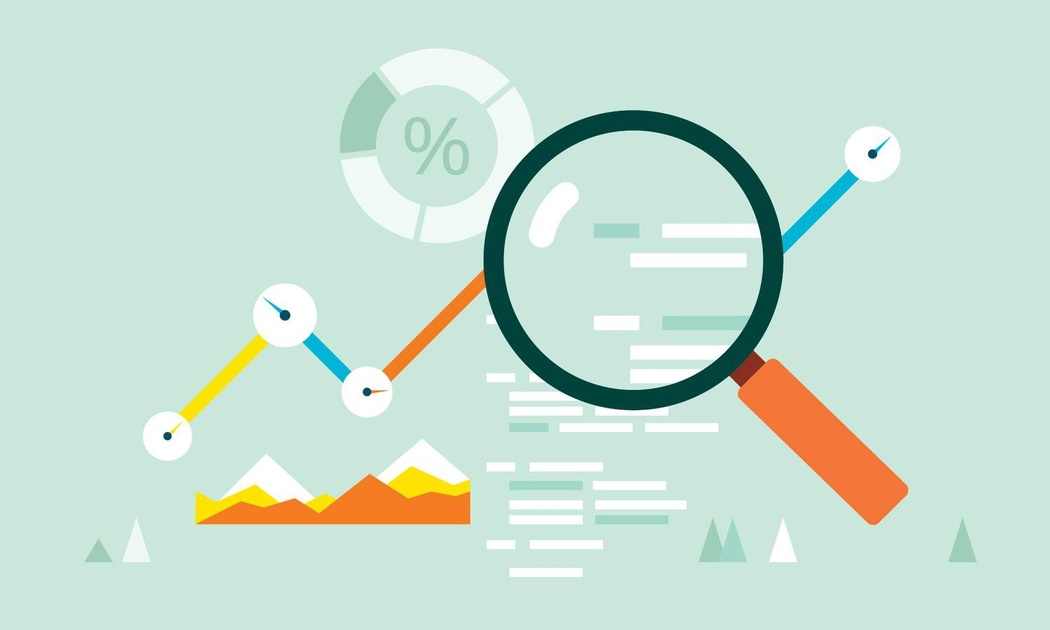
15 Jun September Innovation Trend Report
“Many organizations are using AI already, but they may not refer to it as ‘AI,’” says Scott Gnau, CTO of Hortonworks. “For example, any organization using a chatbot feature to engage with customers is using artificial intelligence.” Artificial intelligence (AI) is the new technological frontier over which companies and countries are competing for control. According to a recent report from McKinsey, Alphabet invested roughly $30 billion in developing AI technologies. Baidu, which is the Chinese equivalent of Alphabet, invested $20 billion in AI last year.

Similarly, according to Accenture, deploying Artificial Intelligence is no longer just about training it to perform a given task. Successful deployment of AI systems is about “raising” it to act as a responsible representative of the business and a contributing member of society. They suggest that “as AI systems learn, make autonomous decisions, they have grown from a tool to a partner, coordinating and collaborating with people at work and at home.
- Citizen AI: Raising AI to Benefit Business and Society. As artificial intelligence (AI) grows in its capabilities, so does its impact on people’s lives. Businesses looking to capitalize on AI’s potential must acknowledge this impact, “raising” AI to act as responsible representatives of their business.
- Internet of Thinking: Creating Intelligent Distributed Systems. Businesses are making big bets on intelligent environments via robotics, AI and immersive experiences, but bringing these intelligent environments to life will require not only adding key skills and workforce capabilities, but also modernizing current enterprise technology infrastructures.
- Machine learning will aid knowledge workers:
While some are rightfully concerned that AI will put people out of work, AI technology also has the ability to aid employees, especially those in knowledge work. Today, tools like Gong, Chorus and Jog are able to record calls made by sales and customer service representatives. “This technology can coach customer-facing service workers to speak more effectively, thanks to machine-learning algorithms. Expect AI to increasingly support white-collar workers in 2018 and beyond,” explains Carrie Christensen, Operations VP of Mint Solar.

- Peer-to-peer networks will create transparency:
Machine learning is a form of artificial intelligence, and companies like Facebook are already using statistical modelling to help machines make informed decisions about what content to show you next. In order for the models to work properly, they require massive amounts of data and significant computing power.
With the rise of peer-to-peer networks, like the ones used by cryptocurrencies – even small organizations will have the ability to run advanced AI programs by harnessing the collective power of networked personal computers.
Presearch is one company that aims to use peer-to-peer networking and artificial intelligence to bring transparency to the world of search engines. Google controls nearly 80% of the search market, yet few people fully understand how Google determines what content is shown to a particular consumer. Presearch plans to use cryptocurrency to incentivize participants to lend them the computing power of their personal computers. In return, the company promises to build a more transparent search engine platform. The startup has already raised $5 million in funding, and it is likely that they — and other organizations — will use AI and peer-to-peer networking to challenge large organizations.
- Demand for data scientists will surpass demand for engineers:
According to IBM, demand for data scientists will increase to 2.7 million by 2020. Machine-learning AI uses probability to determine what the proper answer or decision is for any given problem. With more data provided to machine-learning platforms, the platforms will become better at making predictions. As companies of all sizes strive to collect and effectively analyze data, there will inevitably be an increased need for talented data scientists capable of handling large data sets to aid AI platforms.

